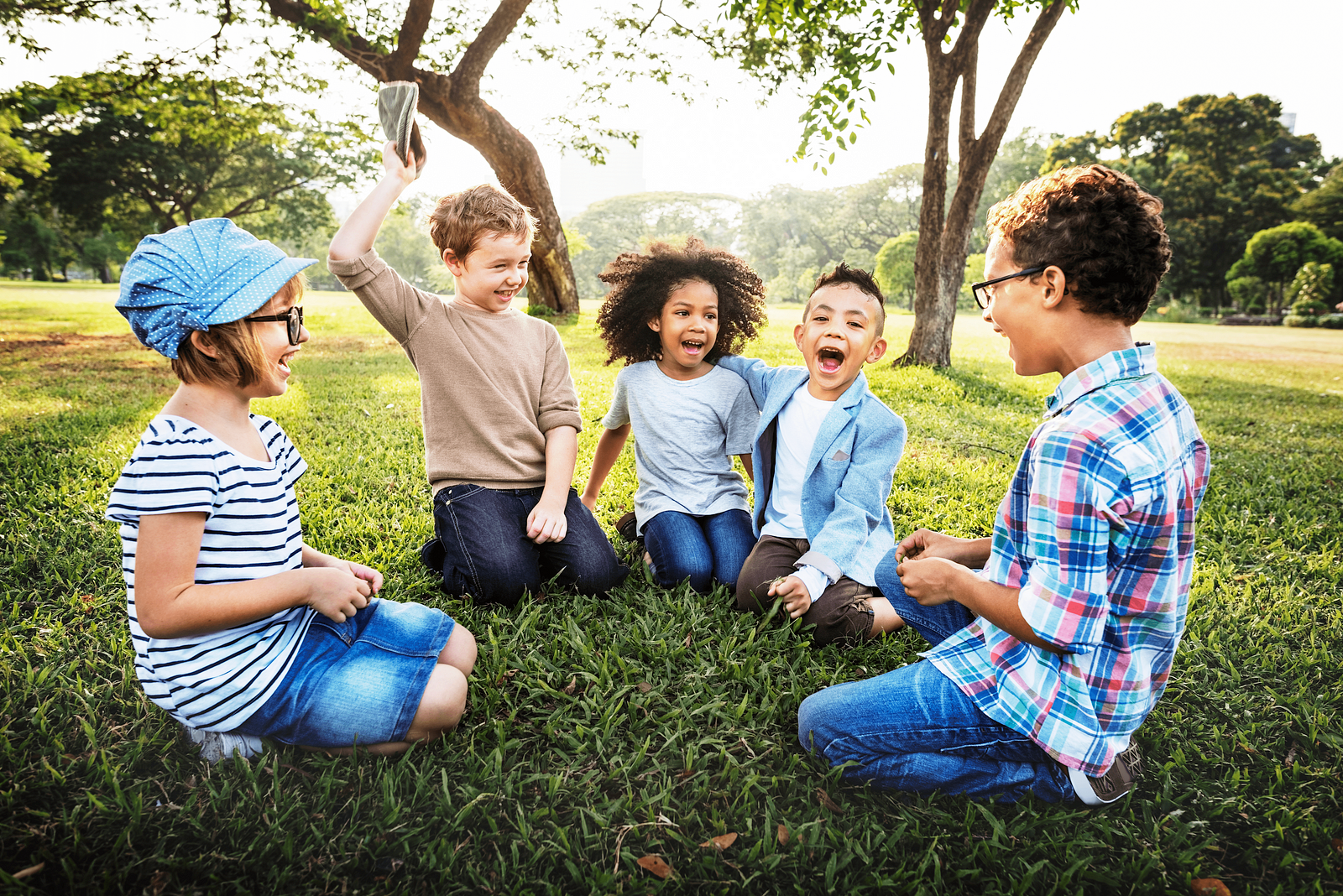By Keri Vandongen, R.SLP

Your child has progressed with social skills during sessions with a therapist or assistant. Getting him or her to socialize better outside of session is challenging.
Think of learning to socialize better in other situations as ‘embracing the hot mess’. Mistakes are part of growing. A way of expanding your child’s social communication comfort zone, self-awareness and perception. Realizing that making mistakes and messing up helps your child progress faster than trying to avoid mishaps.
Of course, you don’t want your child to upset or hurt others’ feelings.
I hear you!
So, I’ll share techniques for transitioning social skills that prevent upsetting others.
5 Ways to Help Your Child Transition Social Skills
1. Simulate social situations that often trigger a social communication mishap.
Roleplay each situation by playing each role yourself or with a partner. Have your child listen and observe your social communication to identify the mistake. Then guide your child on how to alter your communication and respond appropriately.
How this helps.
- By simplifying the social situation, reducing distractions and communication pressure –you’ll raise your child’s awareness of the mistake.
- Guiding your child to come up with a suggestion is empowering.
2. During everyday activities –communicate by only using emotions.
Encourage your child to label your emotions, i.e. “It looks / seems / sounds like you’re feeling…”
How this helps.
- Labelling emotions is a way for your child to check if his / her observations are accurate.
- Later on, he or she can learn to adapt social communication for your emotion.
3. Show instead of tell to ease learning and remembering
Whenever you want to help your child improve their social communication –show him or her what the social communication mishap comes across like to another person.
Act out the situation. You play your child’s role and mimic their mishap. He or she plays the other person.
Then ask your child how your mishap made him / her feel.
How this helps.
- Showing is an easier way for your child to learn and remember than telling them something.
- It’s easier for them to identify social communication mistakes that others make.
4. Observe how peers communicate while socializing.
As you notice vocabulary and expression other kids say, how they express emotions and use body language –you can mimic these during roleplay simulations.
How this helps.
- Imitating how peers and instructors / group leaders communicate helps your child later socialize with those people.
- Your child increases awareness that people communicate differently.
5. Encourage your child to watch and listen as people communicate in public.
Notice emotions, body language and the purpose for communication –without having to respond.
How this helps.
- Observing and watching lets your child practice listening.
- Notice that people communicate meaning through voice, body language, emotions, actions, as well as language.
Learning to socialize better outside of sessions takes courage.
Both for your child and for you.
As your child strengthens connection with others… they’re more understanding of mishaps. Then mishaps won’t upset or hurt others as much. The power of connecting is discovering social rewards go both ways. Because social rewards feel good to receive –your child and his / her partners want more.
Connection won’t happen until you both take those first brave steps.
Keri Vandongen, is a registered SLP in Calgary who specializes in providing speech-language services that have ease carryover to situations where kids communicate, speak and socialize.
Ph. 403–462–9919. Email: